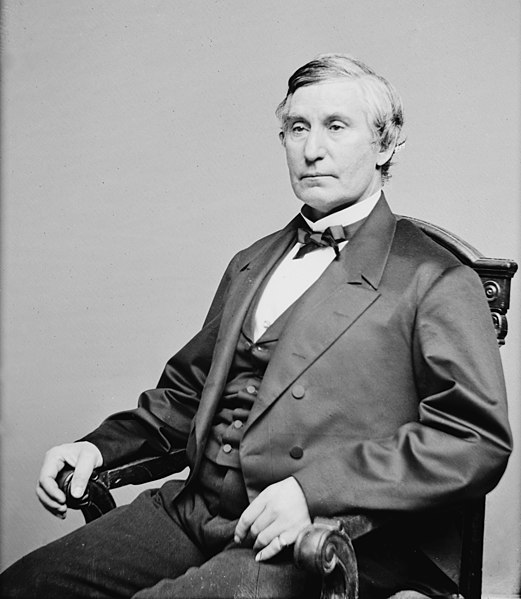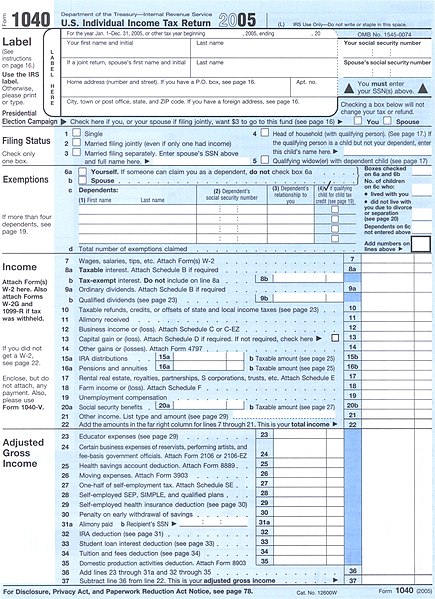Birthright citizenship in the United States
United States citizenship can be acquired by birthright in two situations: by virtue of the person's birth within United States territory or because one or both of their parents was a U.S. citizen at the time of the person's birth. Birthright citizenship contrasts with citizenship acquired in other ways, for example by naturalization.
Dred Scott
U.S. Senator from Michigan Jacob M. Howard, author of the Citizenship Clause of the Fourteenth Amendment to the United States Constitution
Citizenship of the United States
Citizenship of the United States is a legal status that entails Americans with specific rights, duties, protections, and benefits in the United States. It serves as a foundation of fundamental rights derived from and protected by the Constitution and laws of the United States, such as freedom of expression, due process, the rights to vote, live and work in the United States, and to receive federal assistance.
The United States military has been an all-volunteer force since the end of the Vietnam War, but male United States citizens and non-citizens are still required to register for the military draft within 30 days of their 18th birthday.
United States citizens may be summoned to serve on a jury.
Citizens are required to file United States taxes even if they do not live in the United States.
Dual citizenship means persons can travel with two passports. Both the United States and Nicaragua permit dual citizenship.






